

2019-07-30 15:33:00 Tue ET
stock market competition macrofinance stock return s&p 500 financial crisis financial deregulation bank oligarchy systemic risk asset market stabilization asset price fluctuations regulation capital financial stability dodd-frank
All of the 18 systemically important banks pass the annual Federal Reserve stress tests. Many of the largest lenders announce higher cash payouts to shareholders in the wake of the stress test results as of mid-2019. The total cash dividends and share repurchases can exceed $150 billion.
In response, Deutsche Bank experiences 4%+ share price gains, and JPMorgan Chase, Bank of America, and Goldman Sachs reap sharp share price increases about 2%. All of these banks now maintain more than 4.5% common equity Tier 1 capital ratios, and their supplemental bank leverage ratios are well above the 3% regulatory minimum requirement. As the annual Federal Reserve macro stress test results indicate, all of the systemically important banks hold sufficient core equity capital to safeguard against extreme losses that might arise in rare times of severe financial stress. As a result, the Federal Reserve expects these banks to remain profitable with better survival likelihood to disgorge cash to their shareholders in adverse macroeconomic scenarios. Specific macroeconomic scenarios include a 30% decline in real estate prices and a high unemployment rate with double digits. Overall, all the systemically important banks can absorb severe post-crisis losses with sufficient cash capital utilization for subsequent shareholder payout.
If any of our AYA Analytica financial health memos (FHM), blog posts, ebooks, newsletters, and notifications etc, or any other form of online content curation, involves potential copyright concerns, please feel free to contact us at service@ayafintech.network so that we can remove relevant content in response to any such request within a reasonable time frame.
2018-11-09 11:35:00 Friday ET
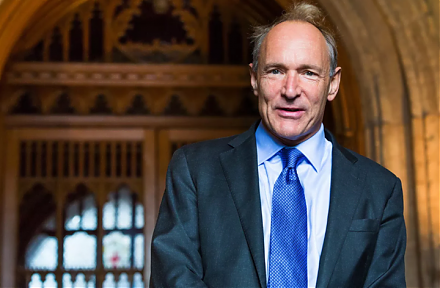
The Internet inventor Tim Berners-Lee suggests that several tech titans might need to be split up in response to some recent data breach and privacy concern
2018-03-09 08:33:00 Friday ET
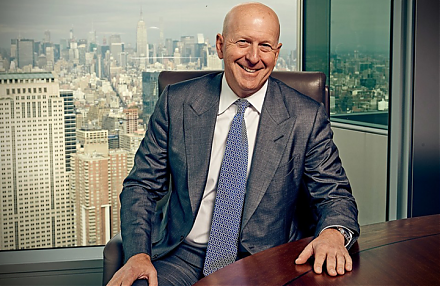
David Solomon succeeds Lloyd Blankfein as the new CEO of Goldman Sachs. Unlike his predecessors Lloyd Blankfein and Gary Cohn, Solomon has been an investmen
2018-02-11 07:30:00 Sunday ET
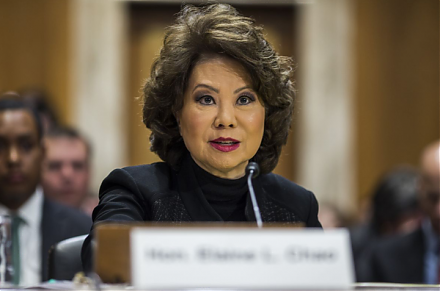
President Trump unveils his ambitious $1.5 trillion public infrastructure plan. Trump proposes offering $100 billion in federal incentives to encourage stat
2018-05-27 08:33:00 Sunday ET
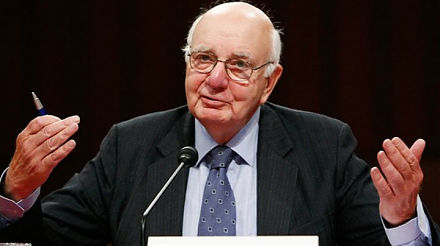
The Federal Reserve proposes softening the Volcker rule that prevents banks from placing risky bets on securities with deposit finance. As part of the po
2020-09-03 10:26:00 Thursday ET
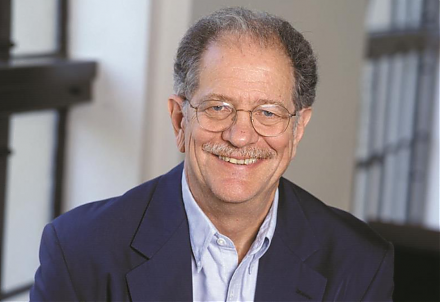
Agile business firms beat the odds by building faster institutional reflexes to anticipate plausible economic scenarios. Christopher Worley, Thomas Willi
2019-11-26 11:30:00 Tuesday ET
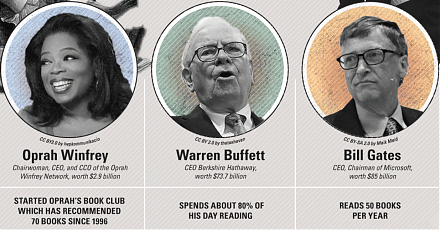
AYA Analytica finbuzz podcast channel on YouTube November 2019 In this podcast, we discuss several topical issues as of November 2019: (1) The Trump adm